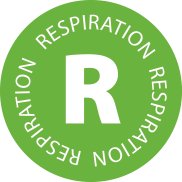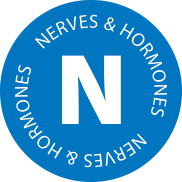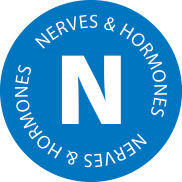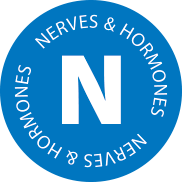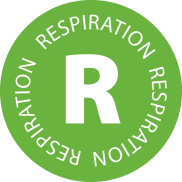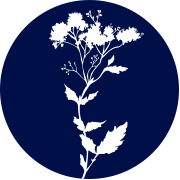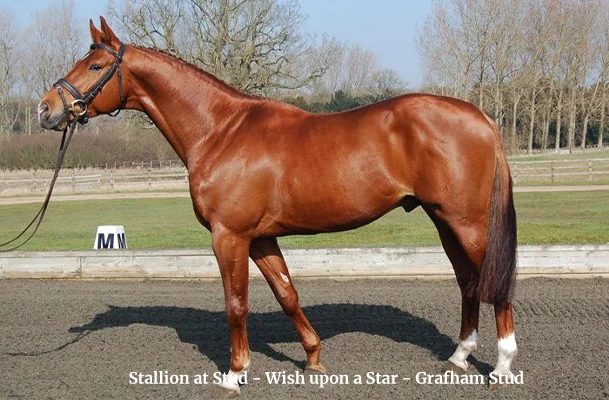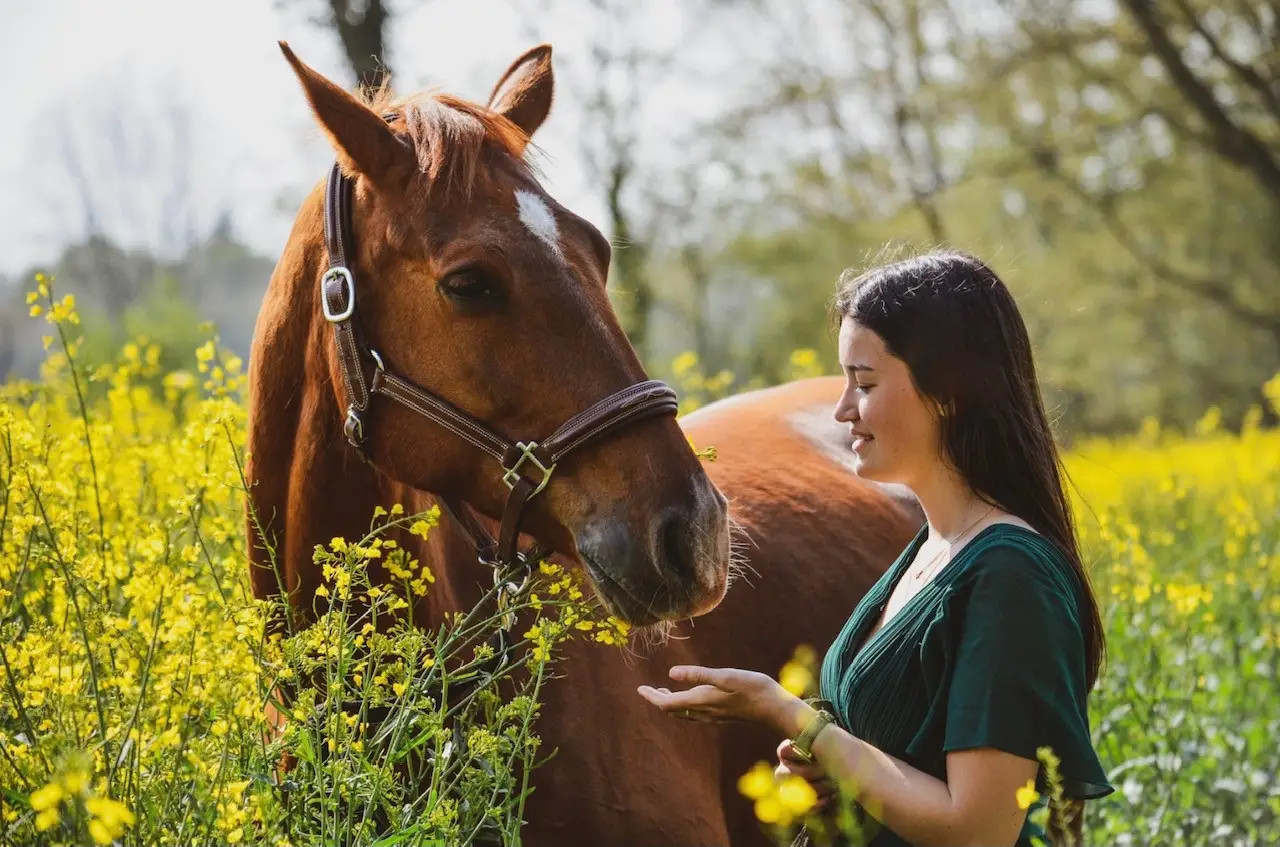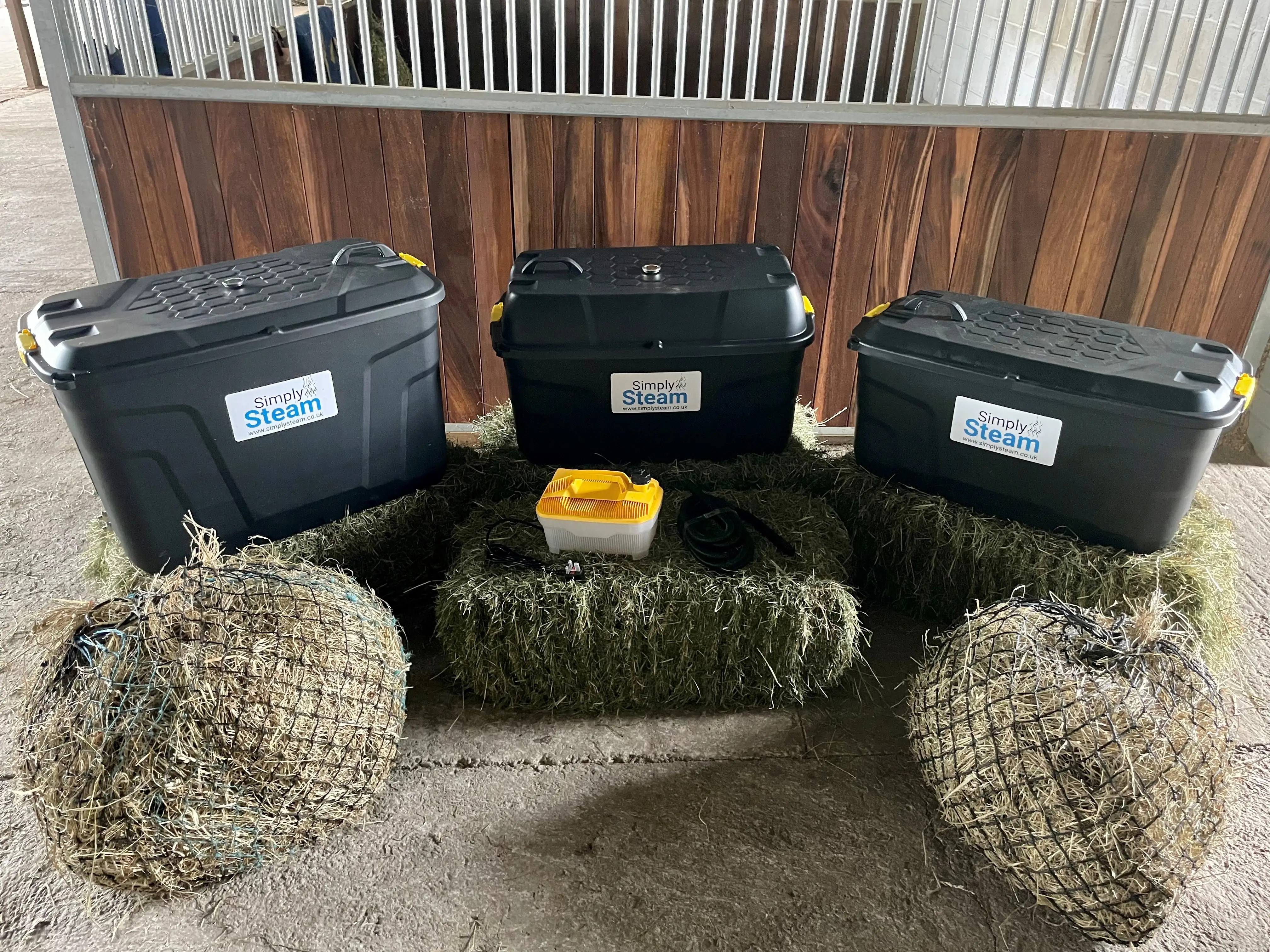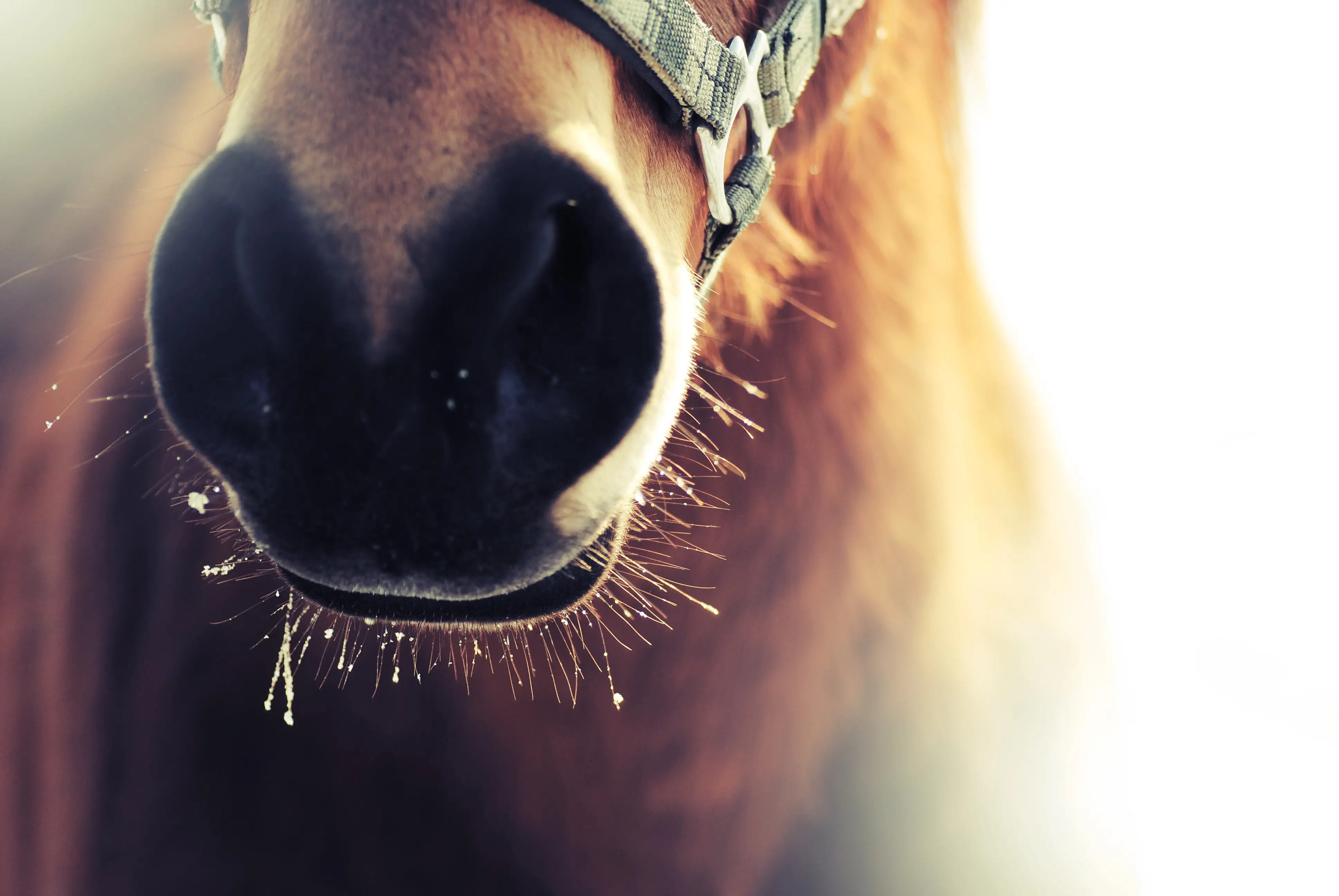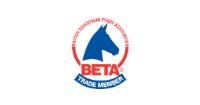27 May
How do I help my breeding Stallion?
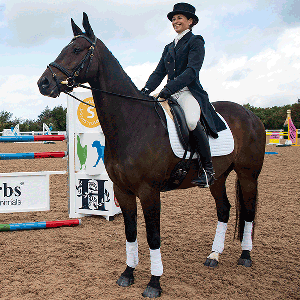 Kate Jupp
Kate Jupp
Kate Jupp
Kate Jupp
Many top Stallions juggle a competition career with their stud duties. This places great demands on these horses, with both aspects being equally important to their owners to ensure their success.
Fitness
In the lead up to the breeding season fitness is key. Even for stallions not looking to compete as well as cover mares, it is important to bring him into work to prepare him and strengthen his muscles. Think fit not fat! Whilst we do not want our stallion to be underweight coming into breeding season, as he will continue to lose weight due to the physical demands of covering. If he is too fat he is likely to be carrying increased fat deposits in his scrotum. This fat can increase the temperature in the testes and affect semen production and quality.
Breeding Soundness Examination
Stallions should undergo a breeding examination before starting to cover mares, this measures:
- Motility – how many sperm move in a straight line across a microscopic field. Look for 60-70% of the sperm being motile with below 50% being a problem
- Total number of sperm in the ejaculate – this varies according to testicle size, season and age. Ideally a count of 10-20 billion per ejaculate.
- Testicle size- this should be done several times per year to check for changes
- Bacterial shedding – this can happen even when a horse appears healthy so swabs are taken from the urethra, semen and prepuce. This has to be done after the 1st January in the breeding year.
- Morphology – at least 50% of the sperm should be morphologically sound.
- Blood sample – this is taken to test for EVA and EIA.
Herbs for Fertility
In the current environment we encounter a number of pollutants that can affect fertility. For example glyphosate, a herbicide used on crops like soya beans, which are commonly used in horse feeds is known to be a endocrine disrupter, which can contribute towards infertility. We can help by avoiding chemicals as much as possible and also by feeding blood cleansing herbs, that help support the liver and kidneys in flushing out toxins, like Burdock root, cleavers and Yellow dock. These herbs can be found in the Hilton Herbs Detox PLUS supplement.
Herbs that can be used to improve fertility and semen quality include, Sarsaparilla, Ginseng and Maca Root.
Nutrition
A working stallion will require a high energy feed alongside free access to forage. We may also want to look at specific nutrients that can help him.
OMEGA -3 &6: Studies in the USA have shown that feeding omega 3 can have promising results since semen contains a significant amount of theses fatty acids. Specifically supplementing with omega-3 Dicisahexanoic acid (DHA) can increase sperm quality and quantity. By increasing the quality of the sperms membrane this helps the sperm withstand the rigors of cooling and freezing for shipment.
VITAMIN E – is a powerful antioxidant and extremely important vitamin that has been well researched in humans with fertility problems. A number of studies have now been carried out in horses as well, showing it has a positive effect in increasing fertility of mares and stallions.
Physical Soundness
Another important consideration is the soundness of the stallion. If he is in physical discomfort, he may start to display frustration as he struggles with something he finds desirable but causes him pain. If he starts to display aggression or disinterest it is important to rule out pain.
Supplements for mobility such as the Multi-flex PLUS may help support him during this time. This supplement is NOP’s tested for the competition horse and contains the herbs for mobility (Curcuma, Boswelia, black Coshosh, meadowsweet), the blood cleansing/circulatory herbs (nettle and hawthorn) as well as milk thistle for liver support and Siberian Ginseng for stamina, energy and fertility.
Handling
It is common in performance stallions for the display of sexual interest to be discouraged however, this must be done with consideration for their breeding career. Some stallions that have been punished for sexual behaviors such as “dropping” the penis may become reluctant breeders.
Top performance stallions really do have phenomenal temperaments and with the right training learn the difference between their competition environment and when they are being asked to perform their breeding duties.
Stabling
Finally, how we keep our stallion can have an impact on how well he performs. Stallions are often kept far differently to how they would live in the wild. They are often isolated away from other horses for safety or kept only within view of other stallions. In the wild young stallions tend to hang out in bachelor bands compared to the “Alpha” stallion that has access to the mares. These young stallions show decreased testicular size, thus lower libido. Whilst in the wild this allows them to live together with less conflict it may adversely affect stabled stallions destined for breeding. Allowing stallions some safe access/awareness of mares opposed to complete isolation can help those who are reluctant breeders.
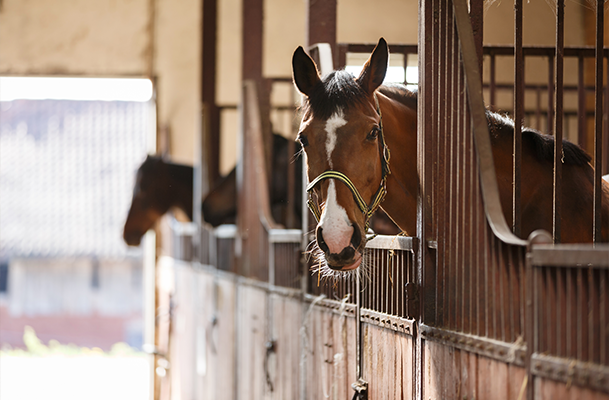
Our Product Suggestions:
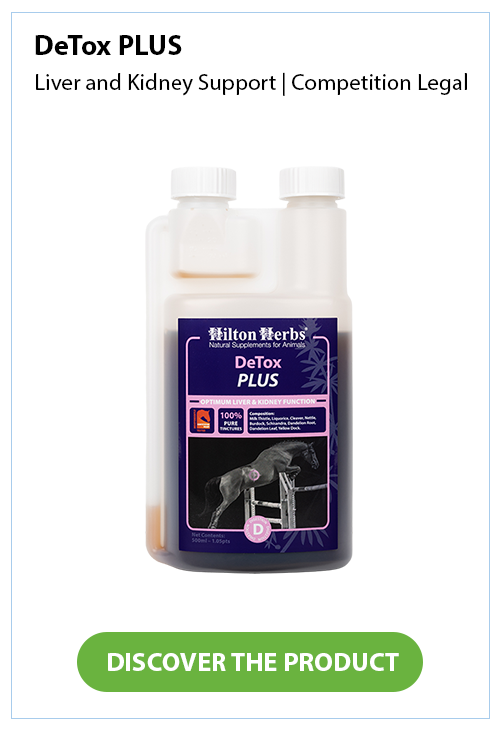
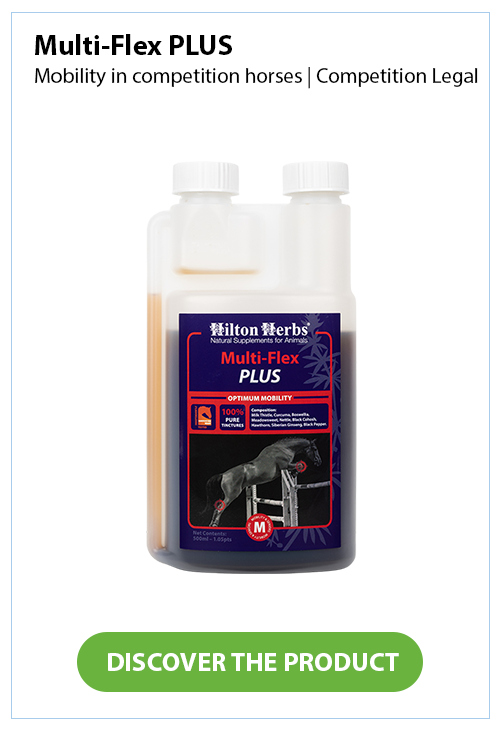
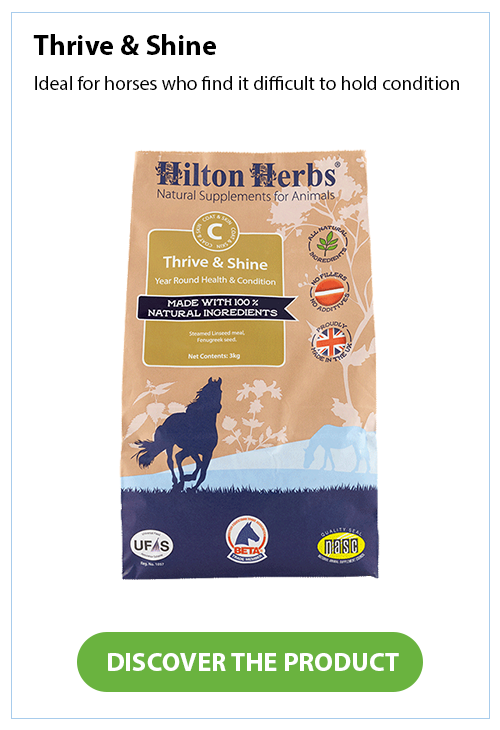
References:
 About Kate Jupp
Kate Jupp
About Kate Jupp
Kate Jupp



